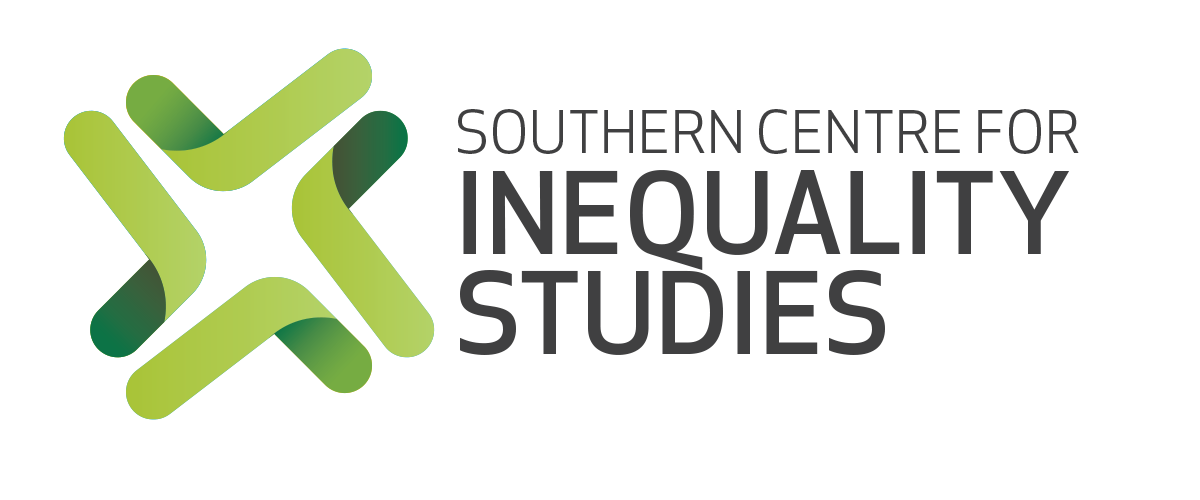7Qs for Academics Zukiswa Kota
- SCIS
Today we speak to Zukiswa Kota, Programme Head at the Public Service Accountability Monitor (PSAM) at Rhodes University
This is an ongoing series where we introduce some key researchers and academics getting to understand their work, their developing research interests as well as what keeps them engaged.
Explain the nature of your work and/or how it relates to inequality.
Inequality is as much about resources or wealth as it is about power - in all its guises. I work at an organisation that supports social accountability initiatives across six sub-Saharan African countries. My academic background is in environmental science which is also grounded in ‘systems thinking’. Social accountability broadly centres on the belief that progressive changes in governance to address inequality cannot happen in the absence of attaining real agency for civic actors and communities. This agency includes the right to hold officials and elected representatives not only accountable but answerable for their actions - or lack thereof - in tackling societal problems.
Why do you think inequality remains such an intractable social and economic problem?
The failure to transform state-society (power) relations in ways that place human rights at the centre is one reason. In other respects the result of too many decision-makers becoming desensitised to the sheer horrors of inequality and crippling disparity contributes to this stagnation. Accepting inequality and injustice as par for the course means change is less likely to occur at the urgent pace it should. And of course the role of unaccountable, captured interests cannot be downplayed.
What continues to keep you engaged in your work or areas of research?
Social accountability interventions are so varied and dynamic - there is no rest for the wicked - but the knowledge that there is progress towards a more just society is fantastic motivation. Then there is also the incredible community of activists, practitioners and researchers that constantly inspire and reinvigorate the mission.
What is one thing your field is not focusing on that it should?
The social accountability field is an intersection of many disciplines so this is a challenging question to answer succinctly. Perhaps one area that could be strengthened is the building of evidence on factors that enable reformers inside and outside the state to successfully effect progressive change. What does it take to achieve real and sustained change in regressive fiscal policy environments, for instance?
Who are some academics (in your field or otherwise) whose work you follow closely? Why?
It's an eclectic mix. In social accountability - Florencia Guerzovich has written impressively across many contexts including complex governance problems. Ann Blyberg was an instrumental guide in my exploration of human rights oriented budgeting. In environmental science and ecoliteracy - Sheona Shackleton and Michelle Cocks inspire me greatly.
What books are you currently reading?
(I often read multiple books at the same time...in the small gaps of luxury reading time)
Patterns of Commoning edited by David Bollier and Silke Helfrich, Homegoing by Yaa Gyasi and Africa: Alter States, Ordinary Miracles by Richard Dowden,
(I have non-linear reading habits)
Complete the sentence: “The first thing I do each morning once I get up is …
… hug two of the world’s most amazing dogs!


